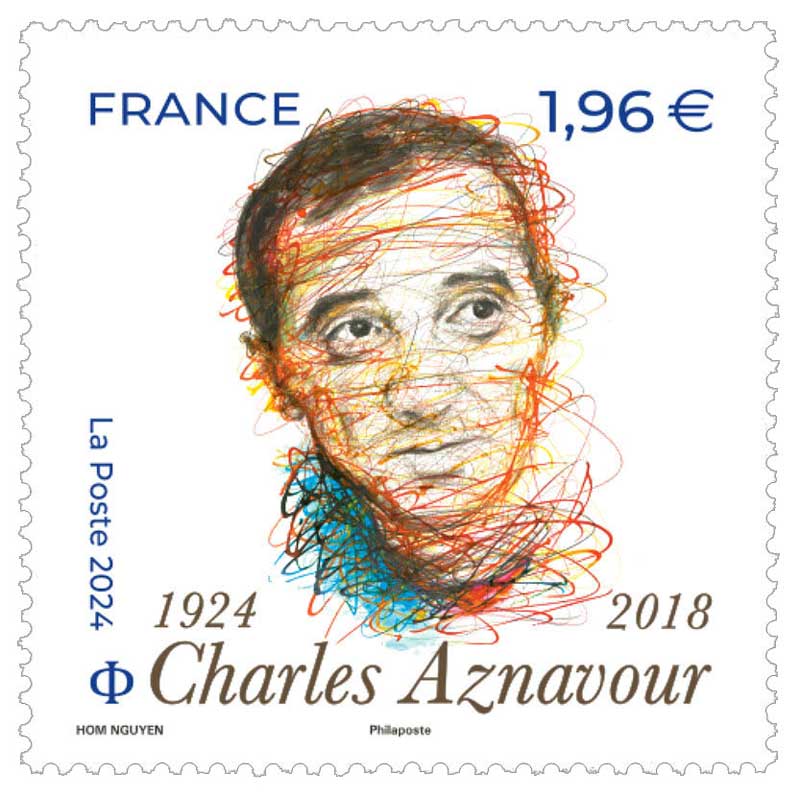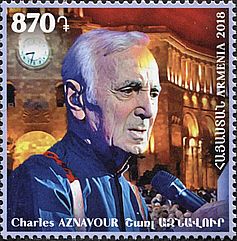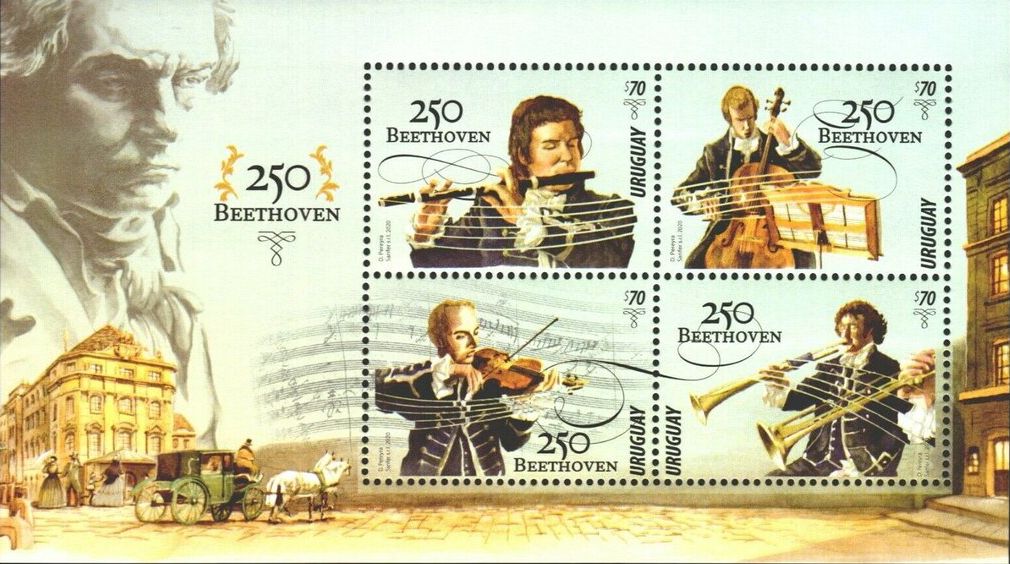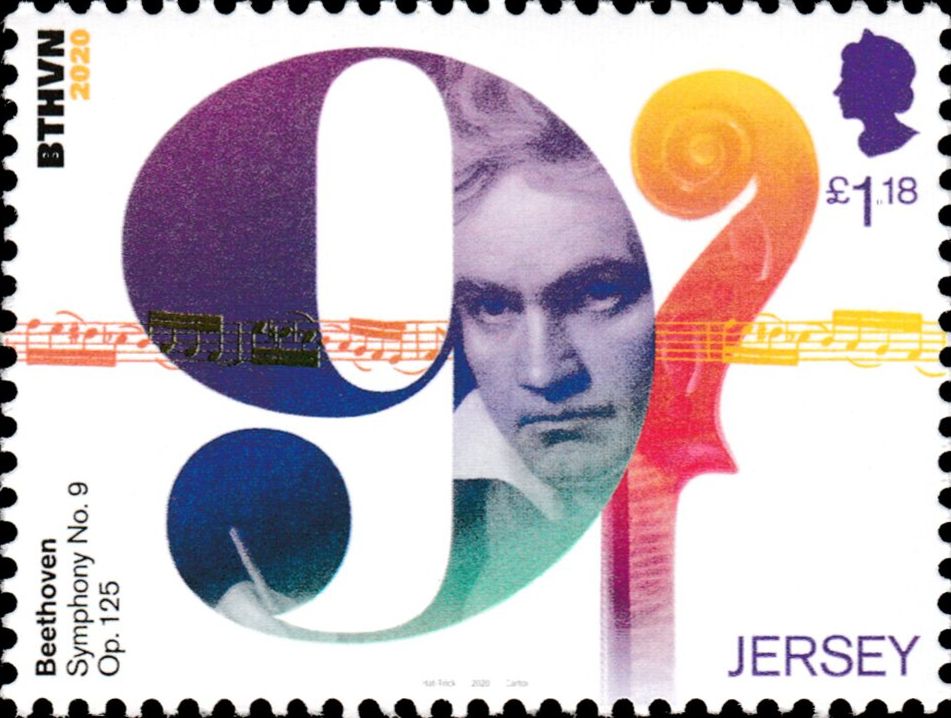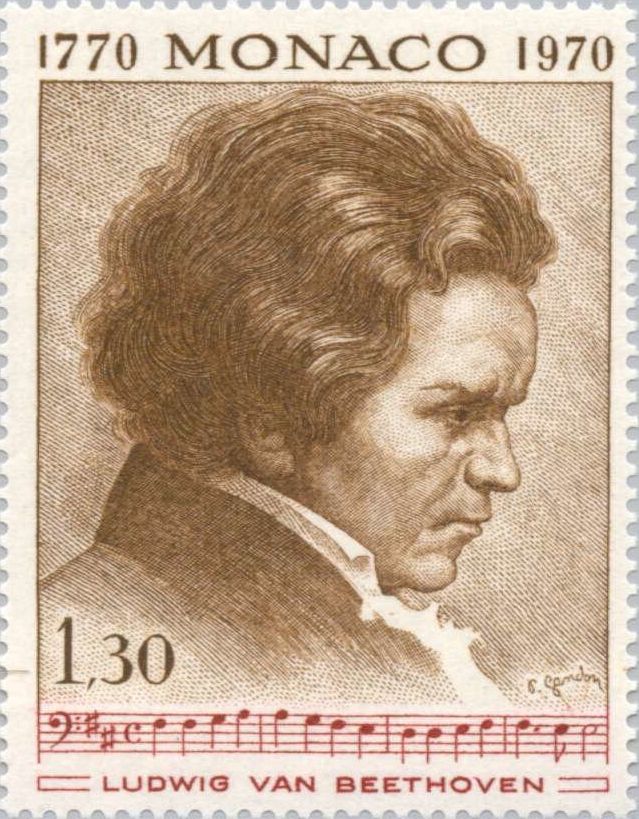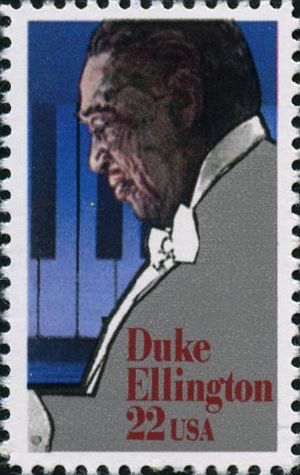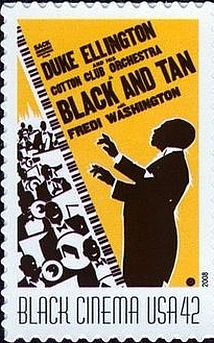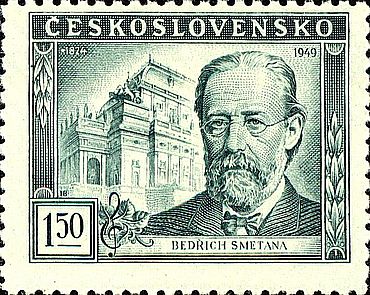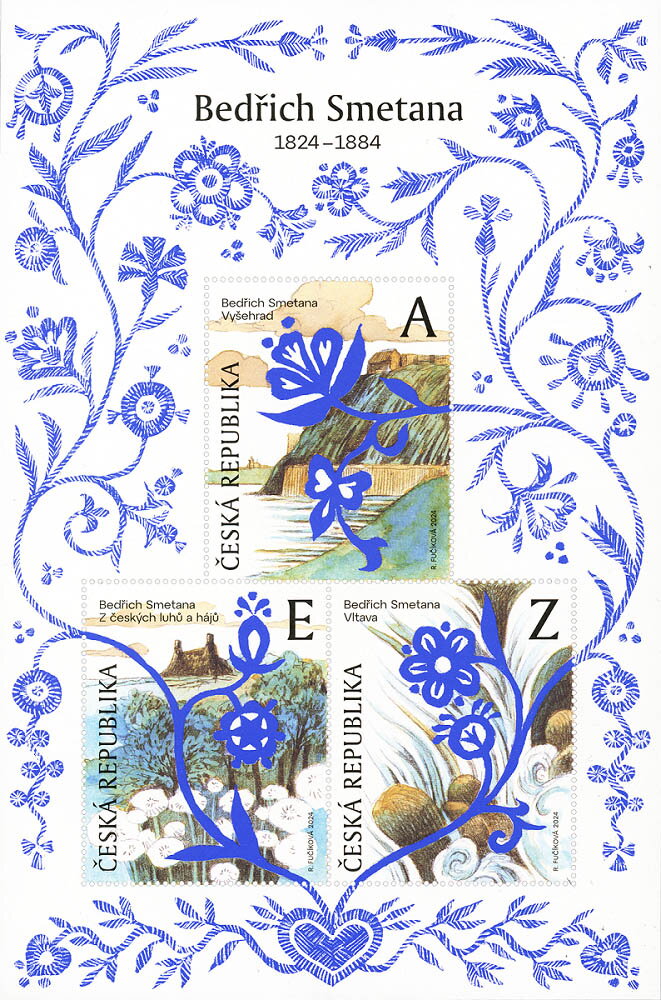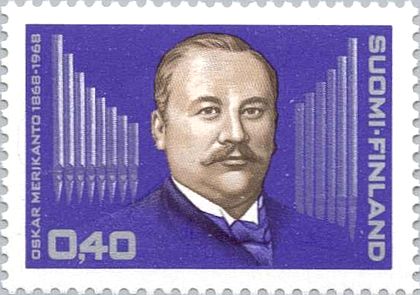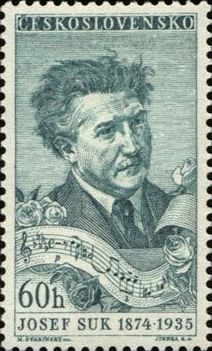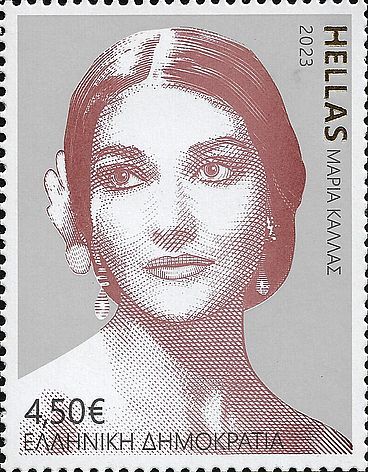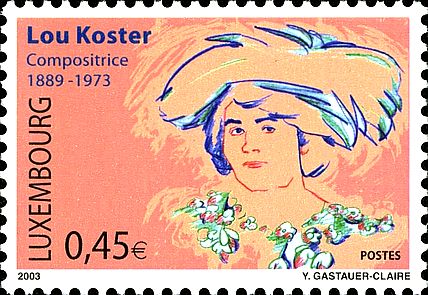The Peruvian poet and songwriter Felipe Pinglo Alva was born on July 18, 1899 in Lima. He died on May 13, 1936 at the age of 36 and was buried in the Presbítero Maestro, the “Cemetery of the Masters”. July 2024 will mark the 125th anniversary of his birthday.


Peru 7.5.2007
Felipe Pinglo Alva grew up in poverty. A natural musical talent, he earned money as a teenager by playing the songs of the military bands by ear in the central square. In 1917, at the age of 18, he composed his first vals, “Amelia”, which immediately became a popular song. Until his early death, he composed around 300 songs, many of which were unfortunately lost or only survive in fragments. The reason for this is his affection for the poorer classes of society, which led to Pinglo being vilified during several political periods and his songs being banned, for example during the dictatorship of Óscar R. Benavides.
Today Felipe Pinglo Alva is considered the father of Peruvian “Musica criolla”, a music in 3/4 time that is characterized by artistic guitar work. The lyrics are usually about lost love or the Lima of yesteryear. Felipe Pinglo Alva’s music is deeply rooted in the people and has been covered by numerous well-known Latin American artists.
The video shows soprano Silvia Vásquez performing the song “Recuerdo mío” by Felipe Pinglo Alva at a spontaneous meeting on International Women’s Day 2024.


